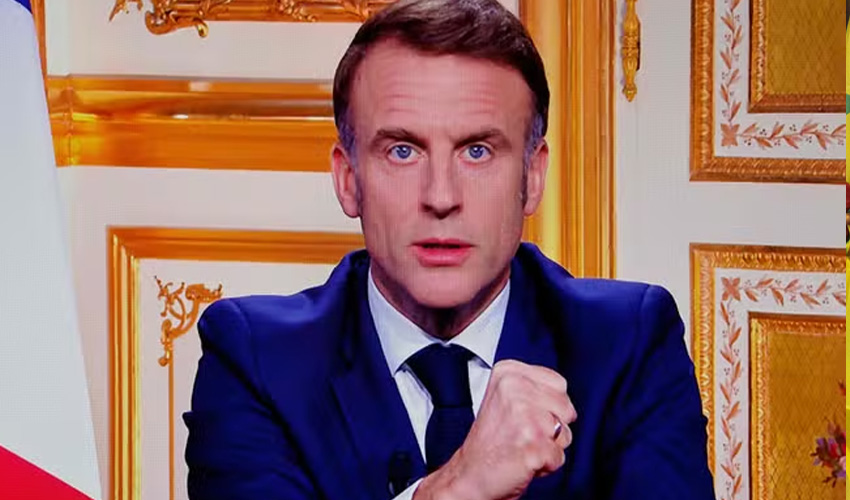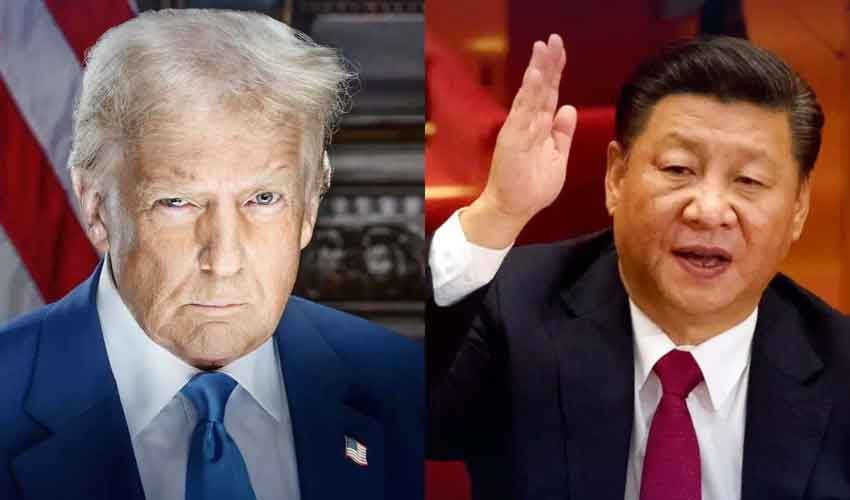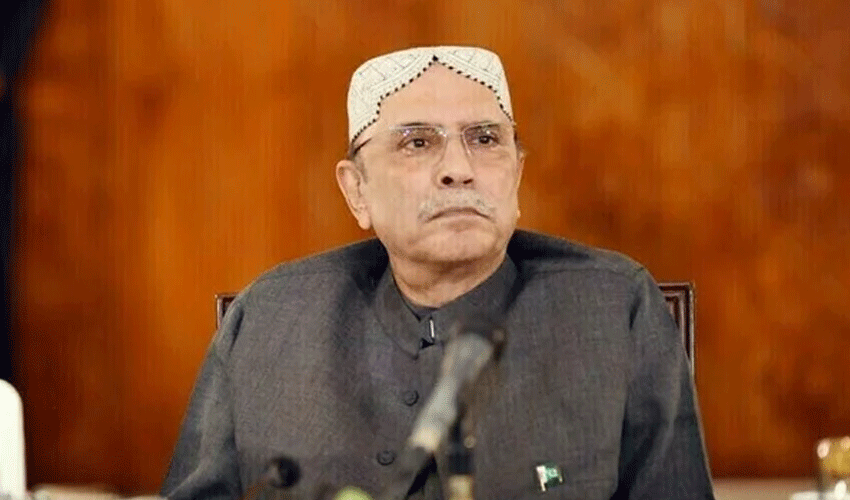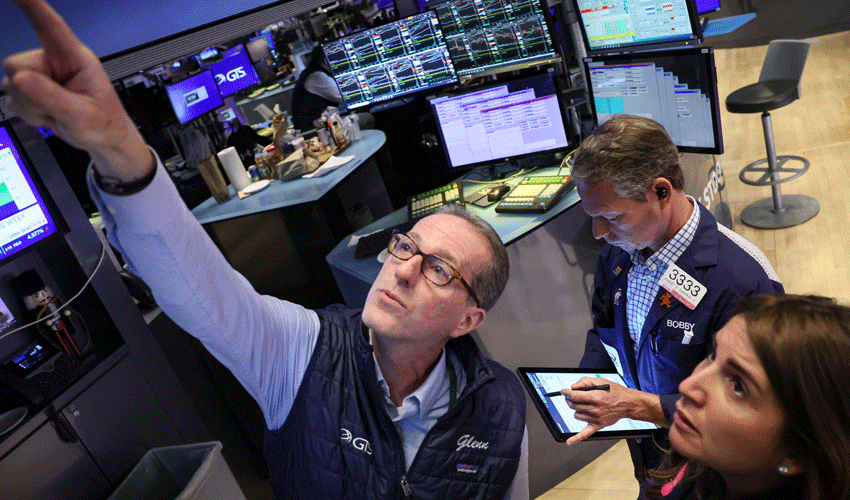French President Emmanuel Macron has vowed to serve his full five-year term, set to end in May 2027, following a no-confidence vote in parliament that ousted Prime Minister Michel Barnier's government.
Macron addressed the nation in a televised speech on Thursday, pledging to appoint a new prime minister "in the coming days" as political uncertainty grips the country.
“The mandate you have given me is for five years, and I will exercise it until the very end,” Macron said during the 10-minute address. He criticized opposition parties, accusing them of prioritizing political chaos over governance.
"They chose disorder," he remarked, referring to an alliance between the far right and far left that he called an “anti-Republican front.”
Govt collapses amid divided parliament
The no-confidence vote, held on Wednesday, saw 331 lawmakers in the 577-seat National Assembly vote against Barnier’s government. This marks the shortest tenure for a prime minister in modern French history, with Barnier stepping down after just three months in office.
Barnier tendered his resignation during a meeting with Macron at the Elysee Palace earlier on Thursday. The president accepted the resignation but asked Barnier and his ministers to continue in a caretaker capacity until a new government is formed.
The collapse of Barnier’s government came after snap parliamentary elections in June and July, which left France with a hung parliament with no political force able to secure a majority. The far-right bloc emerged as a key player, holding significant sway over the government's survival.
Calls for swift action
Prominent allies in Macron’s camp have urged the president to expedite the appointment of a new prime minister. “I recommend that he proceed quickly to the appointment of a prime minister. It’s important. We must not leave things up in the air,” National Assembly President Yael Braun-Pivet said in an interview with France Inter radio.
Francois Bayrou, a veteran centrist politician and close ally of Macron, has been widely speculated as a potential successor to Barnier. Outgoing Defence Minister Sebastien Lecornu has also been mentioned as a possible candidate.
The political crisis in France coincides with a period of instability across the European Union, compounded by the recent collapse of Germany’s coalition government. The developments come just weeks before US President-elect Donald Trump is set to return to the White House, adding an international dimension to France’s domestic challenges.
The next government will face the daunting task of navigating a deeply divided parliament while addressing pressing issues such as the passage of the 2025 budget and the nation’s ailing public finances.



























